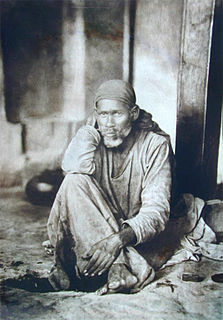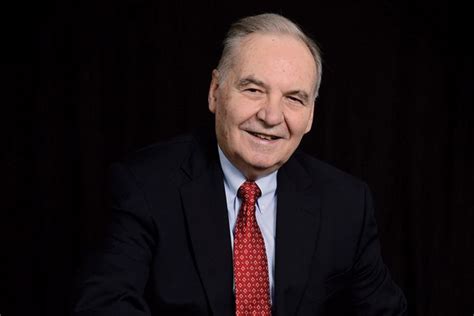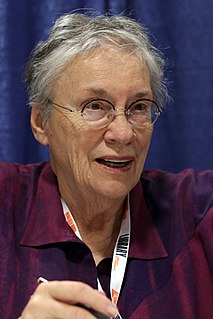A Quote by D. H. Lawrence
She had borne so long the cruelty of belonging to him and not being claimed by him.
Related Quotes
She put both her hands on his shoulders and gazed at him long, with a deep look of ecstasy and yet searchingly. She scrutinized his face to make up for the time she had not seen him. She compared, as she did at every interview with him, the image her fancy painted of him (incomparably finer than, and impossible in actual existence) with his real self.
She had been sharing a house with him for a week, and he had not once flirted with her. He had worked with her, asked her opinion, slapped her on the knuckles figuratively speaking when she was on the wrong track, and acknowledged that she was right when she corrected him. Dammit, he had treated her like a human being.
And he absolutely had to find her at once to tell her that he adored her, but the large audience before him separated him from the door, and the notes reaching him through a succession of hands said that she was not available; that she was inaugurating a fire; that she had married an american businessman; that she had become a character in a novel; that she was dead.
She looked at him then, but his image blurred behind tears that swelled into her eyes. She must leave. She must leave this room, because she wanted to hit him, as she had sworn she never would do. She wanted to cause him pain for taking a place in her heart that she wouldn't have given him if she'd known the truth. "You lied to me," she said. She turned and ran from the room.
She saw him the first day on board, and then her heart sank into her shoes as she realized at last how much she wanted him. No matter what his past was, no matter what he had done. Which was not to say that she would ever let him know, but only that he moved her chemically more than anyone she had ever met, that all other men seemed pale beside him.
I didn't have a chance to buy you anything," she said, then held both closed hands toward him. Uncurled her fingers. In each cupped palm a brown egg. He took them. They were cold. He thought it a tender, wonderful thing to do. She had given him something, the eggs, after all, only a symbol, but they had come from her hands as a gift. To him. It didn't matter that he'd bought them himself at the supermarket the day before. He imagined she understood him, that she had to love him to know that it was the outstreched hands, the giving, that mattered.




































